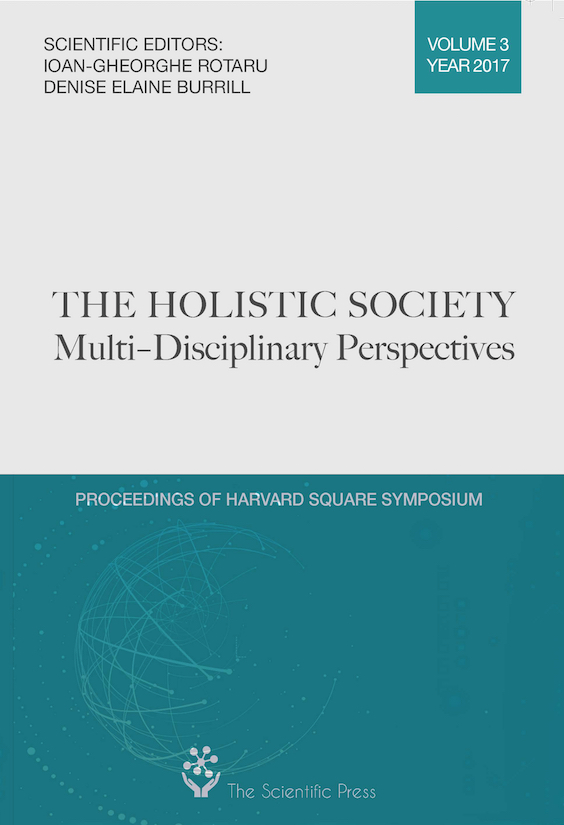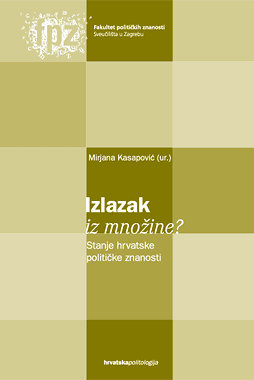
Cultural turn and Political Science. Return to cultural-historical context
Kulturološki obrat i politologija. Povratak kulturno-povijesnom kontekstu
U politologiji je koncept kulture uglavnom korišten u objašnjavanju političke kulture pojedinih društva ili u sociologijskim nastojanjima da se objasne procesi modernizacije zapadnih društava. Termin kultura koristio se da bi se označio skup vrijednosti i normi koje su pripisivane ili su inherentne nekoj društvenoj skupini. Tako definirana kultura bila je polazište u sociologijskim teorijama modernizacije i kulturnoj antropologiji. U politologiji navedeni pojam kulture prisutan je u klasičnoj studiji o građanskoj kulturi Gabriela Almonda i Sidneya Verbe (1963, 2004). Njihovo je razumijevanje političke kulture kao “orijentacija u okviru političkog sustava” najproširenije u politologiji. Oni smatraju da je politički proces bitno određene time što neke društvene skupine imaju građansku kulturu, pa su spremne sudjelovati u političkom procesu vodeći brigu o općem dobru, dok je drugima ideja sudjelovanja u politici strana, te su pasivan objekt politike. Demokratski poredak oslonjen je – i nezamisliv je – bez prvih, aktivnih građana. U tokvilovskoj se tradiciji stoga naglašava značenje političke kulture za stabilan demokratski poredak.
More...
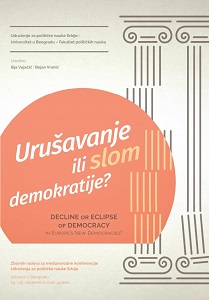
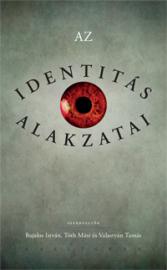
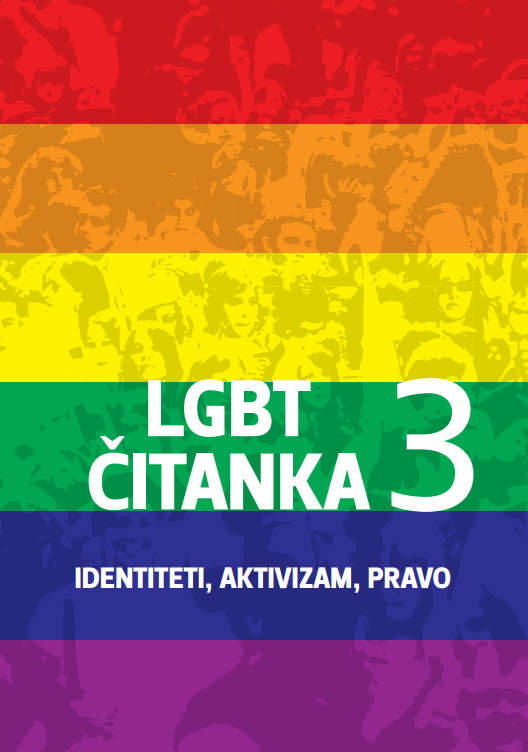
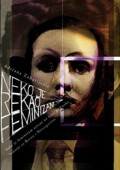
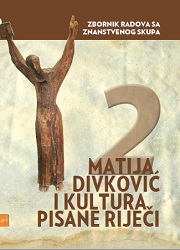
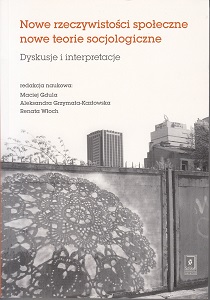
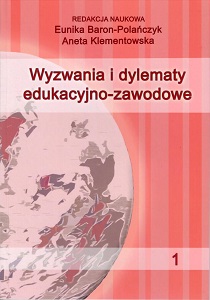
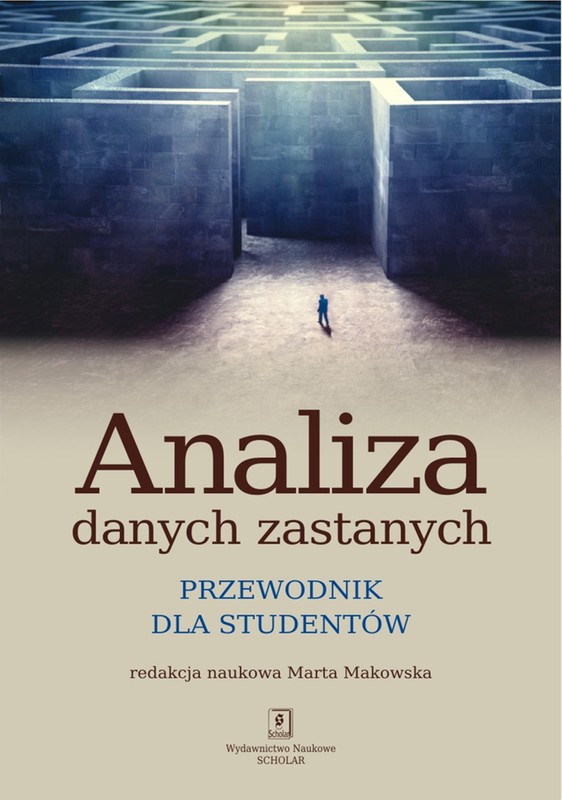
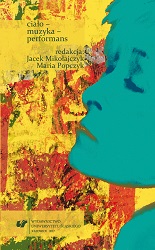

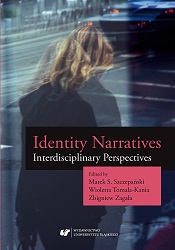
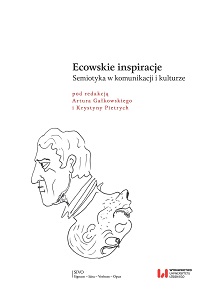
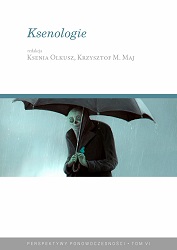
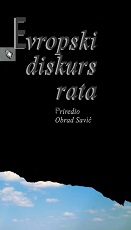
![On the Map as an Element of the Linguistic and Geopoetic Construct of the Essayist Discourse (On the Basis of a Reading of „Mapa” [„The Map”] by Andrzej Niewiadomski)](/api/image/getbookcoverimage?id=document_cover-page-image_719419.jpg)
